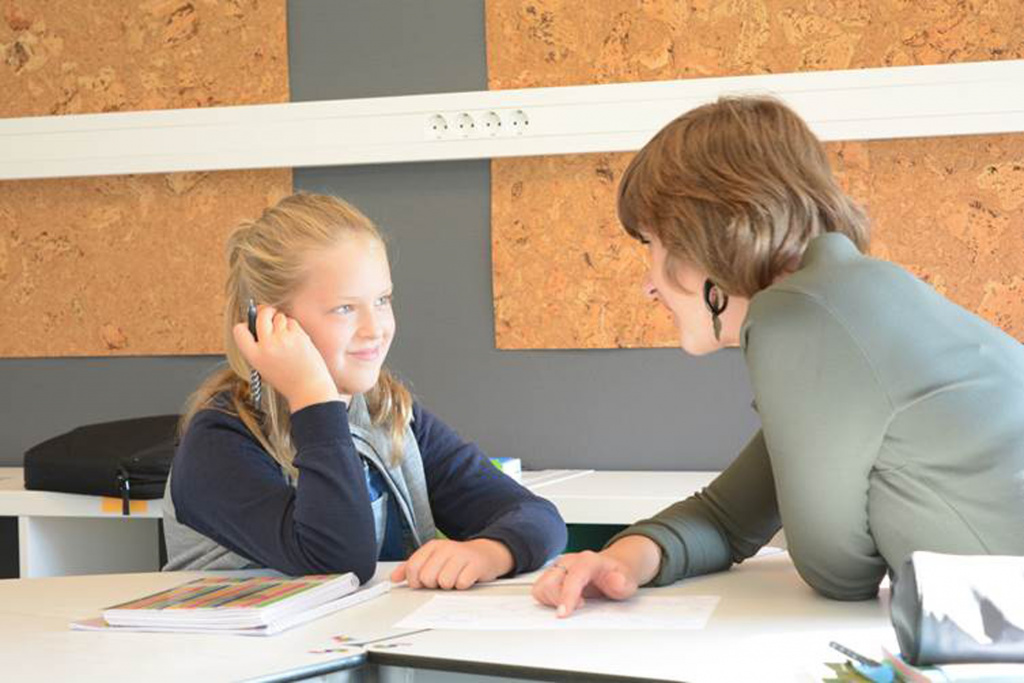
Since gaining independence from the Soviet Union in 1990, the Lithuanian system of education has seen major reforms in curriculum, school structures, testing of students’ achievement and the decentralization of governance. Education is one of the major priorities for further development, along with innovation and the knowledge economy. To fully embed these social changes, Lithuanian education needs to be radically reformed and given new objectives. Over the last three decades major changes have been implemented addressing the structure of the Lithuanian educational system; quality and the creation of the necessary conditions for social-pedagogical self-development and strengthening of relations between educational institutions. The Time for Leaders project shows how the government is taking this a step further and implementing significant changes in education through school leadership.
The context of education in Lithuania
Lithuania is one of the Baltic states with a population of 2, 810,865 (as at December 2017). There are 1268 general education schools, app. 400 000 students and 45 374 teachers. Gaining independence in 1990, led to new possibilities being created for social, cultural, economic and political developments that correspond with national aspirations. This historic shift has demanded a change in the attitude and perspective climate of Lithuanian society: a basic understanding of democratic values: a new political and economic literacy: and the maturation of a moral culture.
Recently the Lithuanian government published a 2030 Vision statement. The strategy indicates that education is of prime importance and that the current education system lacks flexibility (p 20) and underestimates the importance of critical thinking, creativity and pro-action (and innovation). Therefore, any developments in education should take into account the new challenges and opportunities for Lithuania as it makes its contribution to the EU (p.3). Education is organised through The Ministry of Education and Science (MoES) whose function is to formulate and execute the national policy and since July 2010 municipalities have had responsibility for a local area.
The 2030 Vision statement emphasized the need for education to be about preparing individuals for a knowledge society, a secure society and one that can compete economically (p1). To ensure this happens the focus has been placed on the independence of schools as learning communities and where the transparency of activity is ensured. To do this the government proposed that strategic planning should be introduced at all levels (p 7) with a view towards community self-governance. When in place it should give increased openness and collaboration between schools and their communities. But, to do all of this there needs to be a change of understanding about the leadership of Lithuanian Schools and The Time for Leaders Project has provided that resolute focus.
Time for Leaders project
The national project Lyderių laikas: Time for Leaders (1) aimed to develop leadership capacity of all educators: teachers, formal leaders of school, municipality and state level and stakeholders (2). The project began in 2009 and has provided the opportunity to develop a variety of professional development opportunities: MA studies in educational leadership, long-term informal programmes on educational leadership, national and international study visits, short-term training programmes, group and individual coaching, and creative project-based work. As part of the project these opportunities were offered firstly to 15 out of 60 municipalities in Lithuania. At 2017 the new stage of the project was started involving the rest of 45 municipalities. This national investment, led by the state-owned Education Supply Centre with two partners – non-governmental Centre for School Improvement and ISM university of business and economics- continues to strive to raise professionalism and coordination of action towards improvement of student learning.
An absolute focus on leadership in education
As the project was addressing leaders of all levels of education the concept of system leadership became the most important concept. System leadership is understood as the aim to improve each school and the entire education system by attracting, nurturing and educating leaders at all levels – classroom, school, municipality and state (2). The second critical component within the project is the concept of Leadership for learning and in our terms is about the creation of powerful and equal conditions for learners, professionals, and the entire system in which leaders ‘persistently and publicly focus their and the attention of others on teaching and learning’ (3) Sustainable Leadership).